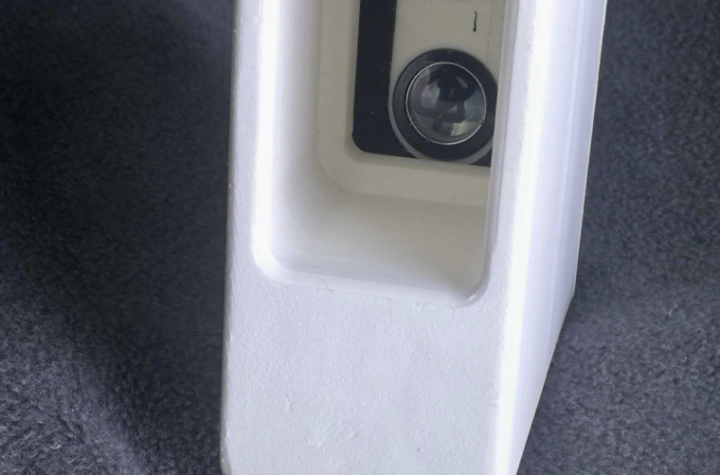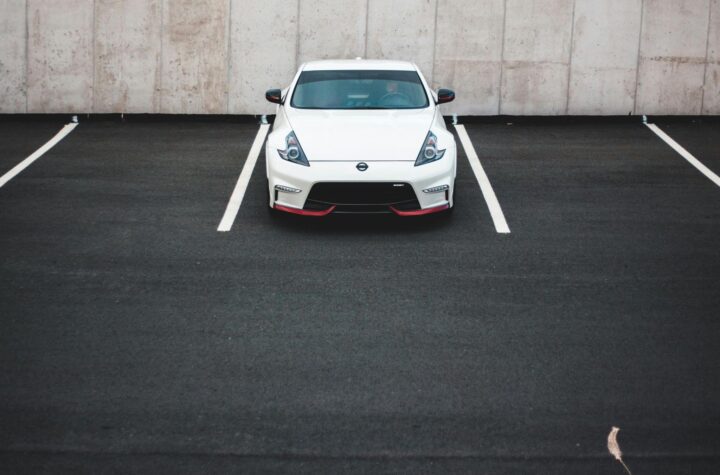
OEMs are investing in new technology for their paintshops, which can be responsible for the consumption of about 70% of electricity and 80% of heating requirements during vehicle production.
One of the leaders in the field of paintshop design is Italian firm Geico, which analyzes both the painting process and the paint shop as a global integrated system. All heat sources and heat wells are used to mutually promote energy recovery, thus reducing consumption and environmental impact.
Together, these technologies allow Geico to install paint shops with a 30% reduction in environmental impact when compared with existing facilities, and with a 10% of renewable sources. Many of the eco-friendly solutions were developed together with its customers. A number Geico’s approaches can also be retro-fitted. These include a programmable rotating dipping system called J-Flex, the modular handling system J-Jump, the compact aluminum booth called Amir and the wet and dry scrubbers called Hydrospin and Dryspin.
In a major boost to its portfolio, Geico recently won two prestigious contracts. It will be working together with the PSA Group and will be involved in a joint project with Avtovaz and the Renault Nissan Alliance in Russia. The PSA Group will be implementing Geico’s J-Jump technology in its Brazilian facilities. “This job has a double significance for us,” says Ali Reza Arabnia, President and CEO of Geico. “Winning a new first class customer, the PSA Group, together with the first installation of J-Jump technology in Brazil. We feel very proud of this achievement.”
PSA’s current plant produces five different passenger cars including the Peugeot 207 (Mercosur), 207 SW (Mercosur) Nand 207 Passion (version Tricorps – Mercosur), Citroën Xsara Picasso and Citroën C3. According to Geico, PSA’s interest emerged during an Experiment Day held at Geico’s new R&D facility, the Pardis Innovation Center. Detailed tests and demonstrations were carried out with the J-Jump handling system patented by Geico. The joint project between Geico, Avtovaz and the Renault Nissan Alliance will see the completion of a paint shop in Togliattigrad with an annual capacity of 300 000 passenger cars. This project is expected to be completed 2012.
“It is a true honor for us to be selected by Avtovaz. This is another confirmation of the Renault Nissan Alliance’s trust in Geico’s technology,” said Arabnia in a press release. Geico is one of the leading developers of automated paint plants in the automotive industry. The company uses advanced software to produce virtual representations of the paint plants before they are built. This allows for the plants to be tailored according to customers’ wishes and a degree of flexibility in the development stage of each project. The software also integrates project development with activity scheduling offering better time management across the project lifespan.
The Pardis Innovation Center, opened in October 2009, houses Geico’s new prototypes including J-Jump, J-Flex, the Amir booth, Hydrospin plus, Dryspin and Ergo Roll. According to Geico, the innovation center seeks to develop innovative and concrete technological solutions for the automotive paint shop. It meets the needs of the auto industry in developing paint shop solutions that decrease costs and environmental impact and lower energy usage whilst maintaining superior quality.
Geico’s quality is guaranteed with its 6-Sigma approach to business excellence and continuous improvement. According to Arabnia, the 6-Sigma approach is imbedded into Geico’s corporate culture. “Geico’s people believe that their passion, motivation and professionalism all work together to create happy customers.”
Geico is also certified by the British Standards Institution (BSI) and its quality management system with regards to regards to design activities, the supply and installation of painting plants and systems for environmental protection, is in compliance with ISO 9001:2008. The company prides itself on being a leader in the greening of paint shops.
Automotive Industries spoke to Ali Reza Arabnia, president and CEO of Geico, and asked him what the recently awarded contracts meant for the company.
Arabnia: Between August and December 2008, we had to deal with the cancellation of contracts worth over 120 million Euros. Following this, we noted a drastic decline of investment in the automotive industry which lasted until mid-2010. During the economic crisis, we did not lay-off anyone, but put in place a very aggressive training and development programme. We also built new our new R&D facility, the Pardis Innovation Center, where we develop functioning prototypes for future paint shops. This was an investment that paid off when the market came around late last year. The Avtovaz and PSA contracts, amongst others, are the proof that these investments were well worth it.
AI: What kind of progress has Geico made in working towards energy independence of paint shops by 2020?
Arabnia: We have analyzed paint shops to identify the causes of energy consumption and have begun to develop alternative solutions to address this. Today we are in a position to develop paint shops with at least 20% less energy requirements.
AI: What are some of the challenges paint shops in emerging economies face, and how can a company like Geico offer solutions?
Arabnia: With globalization in progress, it is difficult to distinguish between the challenges faced by emerging and advanced countries. All our customers are asking for paint shop solutions that require lower investments and produce higher quality results. This is possible with Geico’s alternative and innovative solutions.
AI: What are some of the new processes being developed at the Pardis Innovation Center?
Arabnia: The alternative solutions include J-Jump, J-Flex, Dryspin, Hydrospin plus, Sliding Floor, Speedry, Newty and a ceiling application robot.











More Stories
Click Shield from MIKROE simplifies integration of Arduino Portenta with over 1600 Click boards
Optimizing Mid-Power Silicon MOSFETs for Automotive Applications
Paolo Pininfarina named the 2024 Laureate of The American Prize for Design